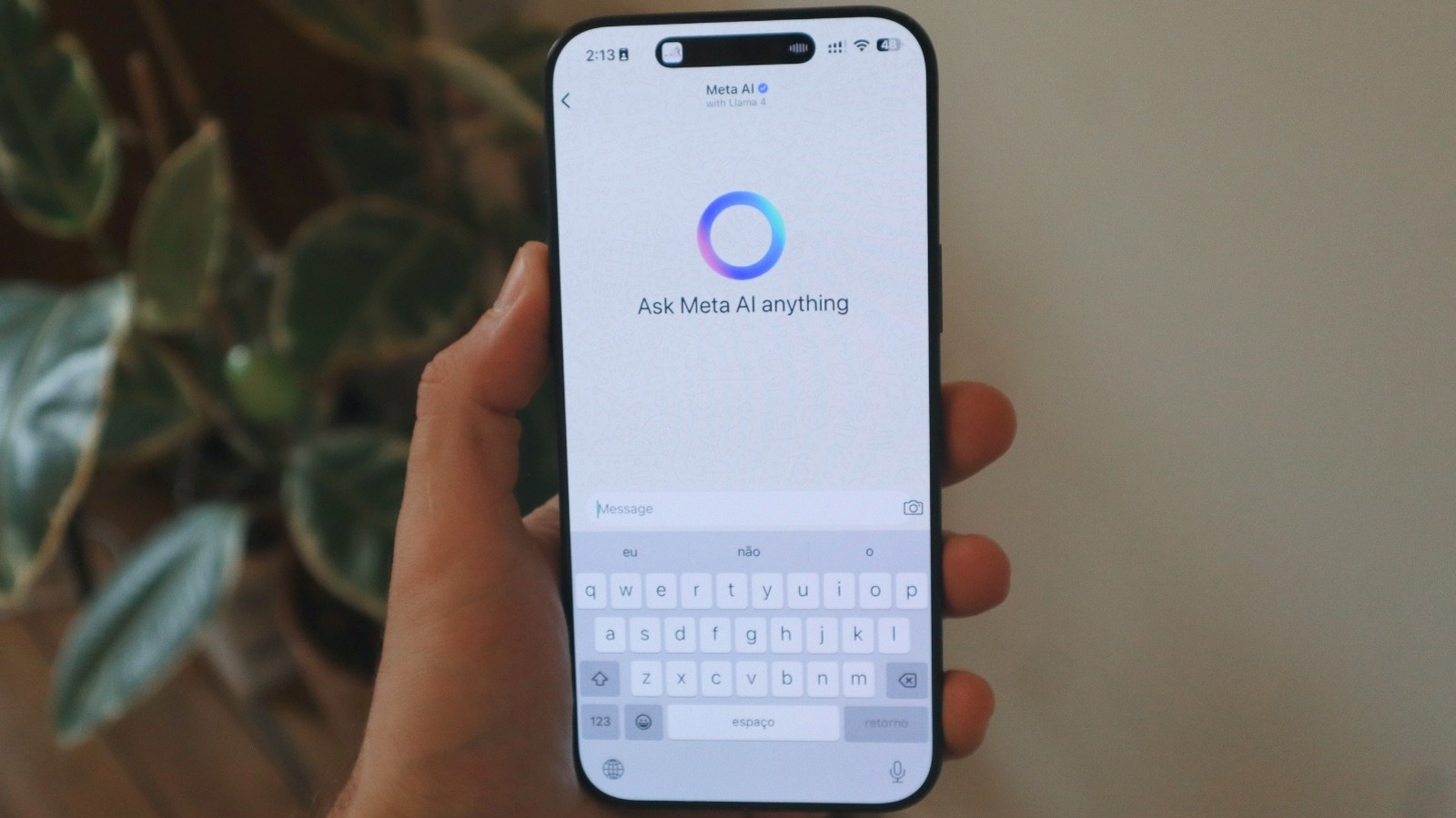

**Masimo vs. U.S. Customs: The Continuing Legal Dispute Over Apple Watch’s Blood Oxygen Capability**
Recently, medical device producer Masimo initiated a lawsuit against U.S. Customs and Border Protection (CBP) concerning the agency’s choice to permit Apple to continue selling the Apple Watch with the Blood Oxygen feature activated. This legal conflict carries substantial consequences for both firms and the wider technology and medical device sectors.
### A Brief Summary
The issue arose when Apple launched the Blood Oxygen feature on the Apple Watch. Masimo claimed that this feature violated its patents, leading to a prolonged legal struggle. In December 2023, the situation intensified when an import ban was imposed on Apple Watch models that included the Blood Oxygen function, effectively blocking their sale in the U.S.
Following the ban, Apple paused sales of the impacted models. However, the company quickly resumed the sale of the Apple Watch Series 9 and Apple Watch Ultra 2 without the Blood Oxygen feature, which was deactivated through software, despite the hardware still being available. In a recent update, Apple revealed plans to bring back the fully functional Apple Watch with a reimagined Blood Oxygen feature that measures blood oxygen levels using the iPhone instead of the watch itself.
In reaction to this announcement, Masimo filed a lawsuit against CBP, arguing that the agency had exceeded its authority and denied due process by permitting Apple to reinstate the feature without adequate justification or notice to Masimo. The lawsuit raised issues about the transparency of CBP’s decision-making process.
### U.S. Customs Replies
In response to Masimo’s lawsuit, CBP submitted a motion to dismiss, claiming that federal district courts do not have the jurisdiction to evaluate challenges to Customs’ enforcement of exclusion orders set by the International Trade Commission (ITC). The agency referenced the precedent established in the *Thunder Basin Coal Co. v. Reich* case, which established that when Congress outlines a specific review procedure, parties must adhere to that procedure instead of seeking immediate relief in federal court.
CBP argued that Masimo ought to present its concerns through an auxiliary proceeding at the ITC, asserting that Apple’s alternative does not adhere to the exclusion order. Only after exhausting this process could Masimo appeal to the Federal Circuit, rather than attempting to bypass it with a district court lawsuit.
### Conclusion
The continuing legal dispute between Masimo and U.S. Customs regarding the Apple Watch’s Blood Oxygen feature highlights the intricacies of patent law and regulatory power within the tech sector. As the case progresses, both companies and consumers will be monitoring the ramifications of this situation, which could establish significant precedents for future conflicts involving technology and medical devices.